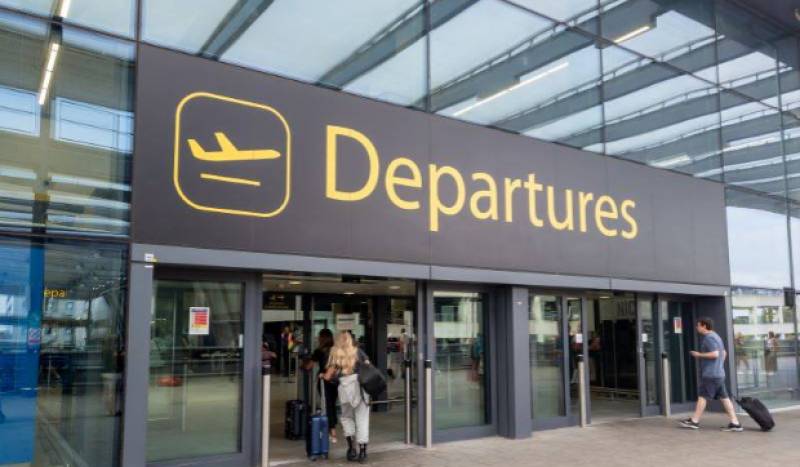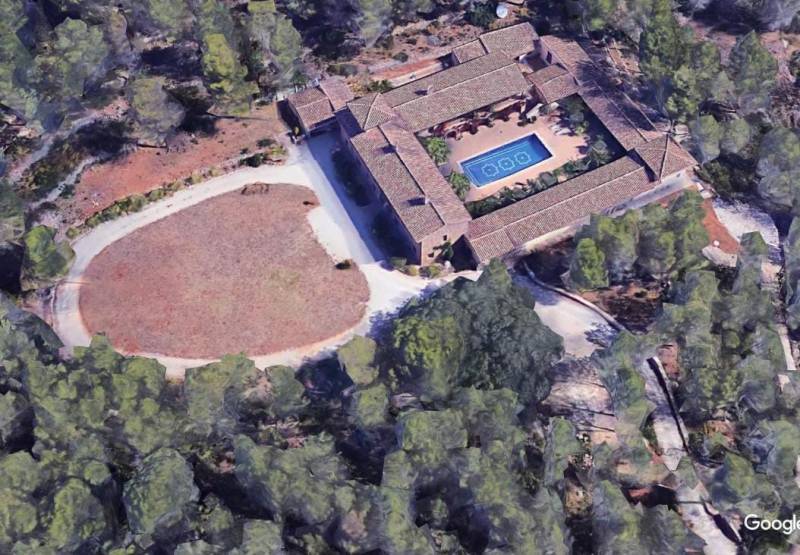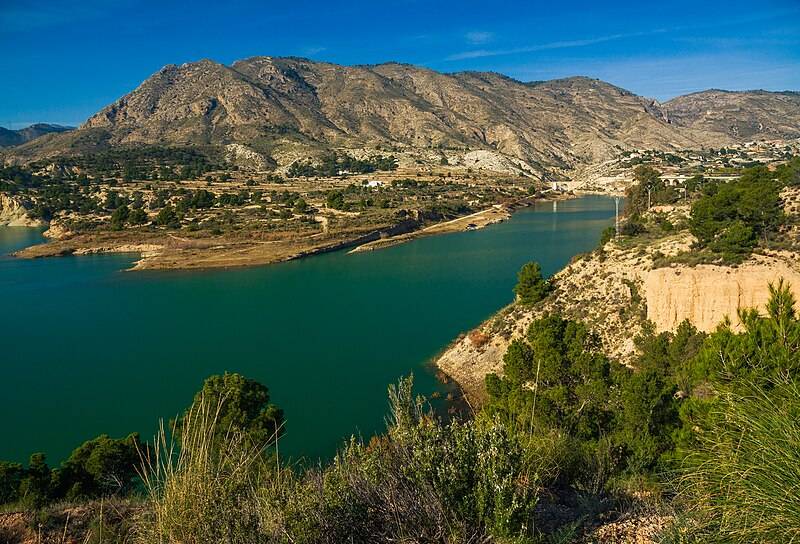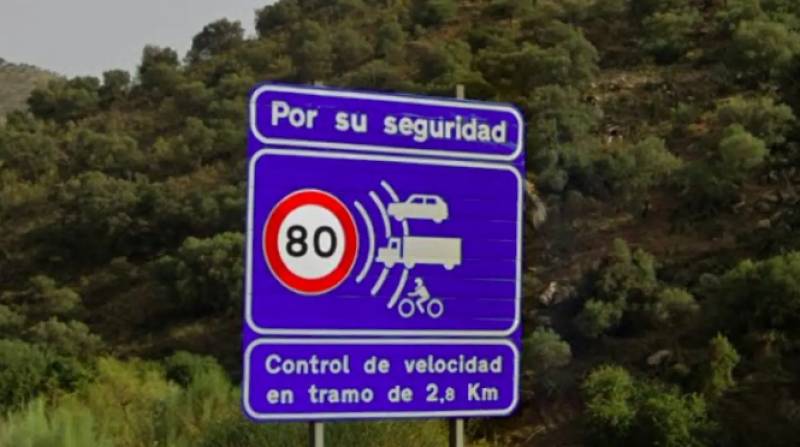
To be listed on the CAMPOSOL TODAY MAP please call +34 968 018 268.

Guidelines for submitting articles to Condado Today
Hello, and thank you for choosing CondadoToday.com to publicise your organisation’s info or event.
Condado Today is a website set up by Murcia Today specifically for residents of the urbanisation in Southwest Murcia, providing news and information on what’s happening in the local area, which is the largest English-speaking expat area in the Region of Murcia.
When submitting text to be included on Condado Today, please abide by the following guidelines so we can upload your article as swiftly as possible:
Send an email to editor@condadotoday.com or contact@murciatoday.com
Attach the information in a Word Document or Google Doc
Include all relevant points, including:
Who is the organisation running the event?
Where is it happening?
When?
How much does it cost?
Is it necessary to book beforehand, or can people just show up on the day?
…but try not to exceed 300 words
Also attach a photo to illustrate your article, no more than 100kb

Alicante town hall: Ayuntamiento de Alicante
The main town hall of Alicante City is built in an ornate Baroque style
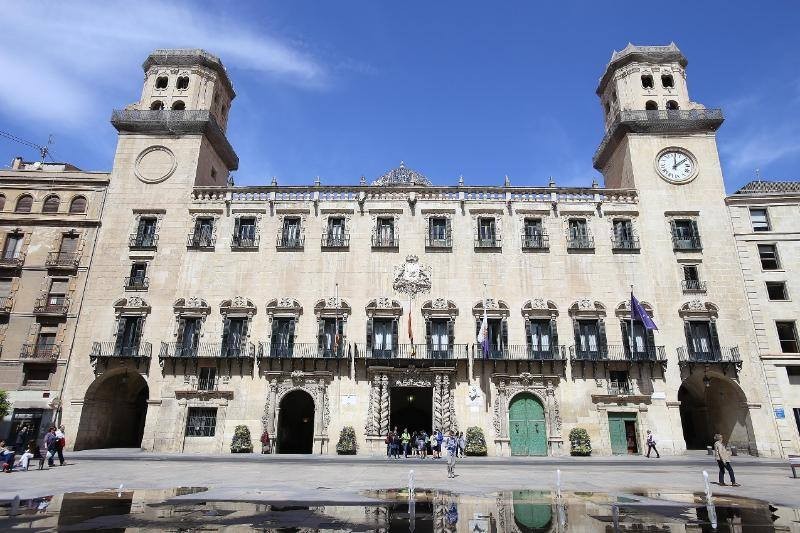
The Ayuntamiento de Alicante, also known as the Casa Consistorial or the Palacio Municipal, is the town hall of the city of Alicante, situated in Plaza del Ayuntamiento and backing onto the Plaza de la Santísima Faz, in the barrio of Santa Cruz (old quarter of the city). It serves as the main administrative building for the Alicante town council as well as a tourist information point.
It is a beautiful and imposing building constructed in an elegant Baroque style designed by architect Lorenzo Chápuli, and dating back to the 18th Century. The front façade opens out onto the Plaza del Ayuntamieto and the back entrance faces the Plaza de la Santísima Faz, which can be accessed via one of the attractive arched passageways that join onto the building.
The building is designed in a rectangular shape and the main entrance is entirely symmetrical, with its Baroque architecture and sculpture work making it by far the most impressive part of the building. In total the front façade has five entrances. The main central entrance has the largest set of doors painted in an attractive shade of green which are bordered with two distinctive spiralling sculptured pillars. Above the doors the sculpted engraving of the coat of arms of Alicante can be seen. To both sides of the main doors are two other arched doorways also painted in green, followed by a further set of smaller, rectangular side doors.
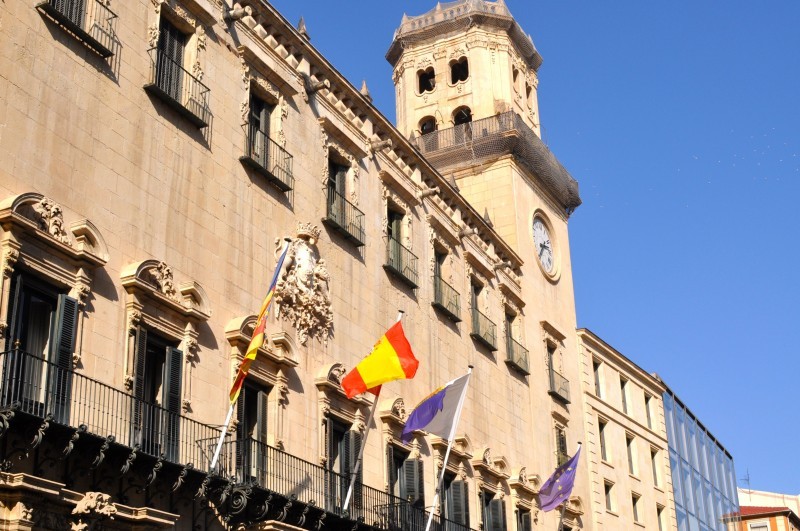
There are three floors flanked by two tall towers at either end and a smaller, central tower at the rear covering the main interior staircase and topped with a blue dome. The tower on the right side (from the front façade) is home to the town clock, which gives the exact time in Alicante city and is used during the countdown to midnight during the New Year’s Eve celebrations.
Underneath both towers are arched passageways connecting the Plaza del Ayuntamiento with Plaza de la Santísima Faz, although currently only the passageway on the right side, called Pasaje Portico II del Consist (below the clock tower) is in use as a pedestrian walkway.
On the first floor there are twelve balconies with double windows also framed with more beautiful curved sculpture work, and the top floor also has twelve windows but with slightly smaller, singular balconies. Finally, fringing the top floor is an ornate balustrade extending all the way from one tower to the other, through which you can see the top of the blue dome.
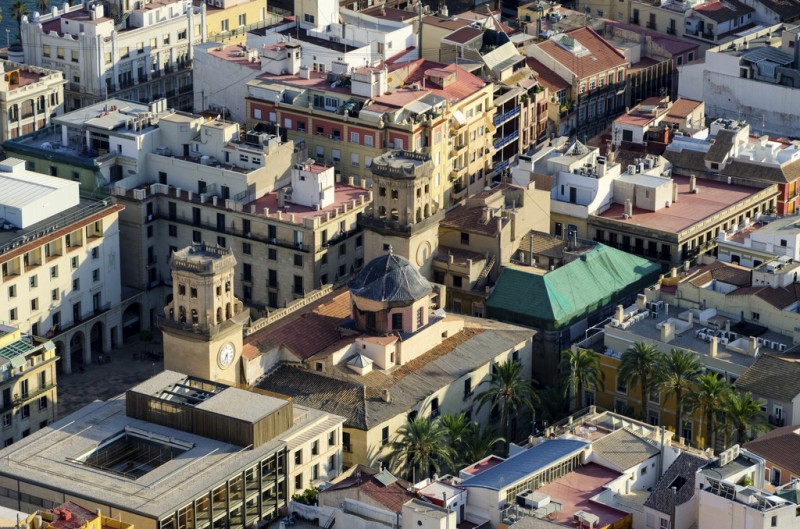
Visitors can also admire the ornamental aspects of the interior, with a number of impressive rooms such as the Salón Azul, and the Salón de Plenos meeting hall, both of which were built during the reign of Queen Isabel II of Spain (between 1833 and 1868). The Salón Azul is frequently used for civil marriages, which always take place on Saturdays. It is worth passing by the plaza del Ayuntamiento on a Saturday to get a glimpse of a wedding (or two), as the square is always full of atmosphere and colour on this special day. Visitors can go inside and see the rooms at their leisure during the visiting hours.
Throughout the various rooms in the building, visitors can also admire the impressive art works by Padilla, Cabrera, and Amorós, including paintings by Alicante’s local artist called Gastón Castelló.
The town hall also has a unique feature attracting many visitors to the building, and that is the “Cota Cero”, located at the foot of the building’s main staircase. The “Cota Cero” is the reference point from which you can see a list of all of the individual altitudes of the cities in Spain measured in metres above sea level.
Alicante Town Council
The town hall of Alicante is the institution responsible for governing the city of Alicante. Since 1979, the town 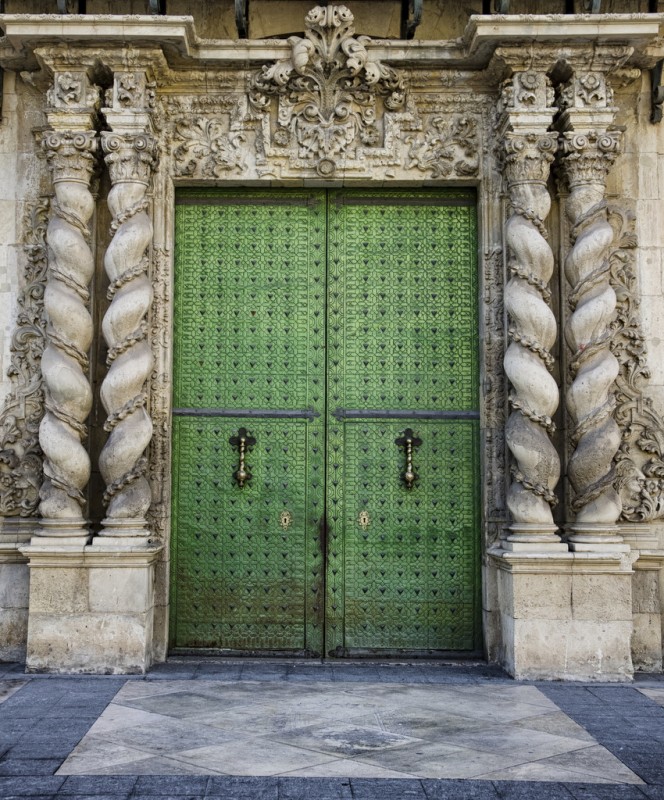 council has been led by a mayor, and composes of 29 council members who are democratically and universally elected every four years. The current mayor is Gabriel Echávarri, who was elected in 2015.
council has been led by a mayor, and composes of 29 council members who are democratically and universally elected every four years. The current mayor is Gabriel Echávarri, who was elected in 2015.
The most relevant political parties in the local government since the first democratic elections are the PP, who are the conservative and Christian anti democratic ‘People’s Party’, the PSOE, who are the socio-democratic Spanish Socialist Workers Party and the IU (Izquierda Unida), who are the ‘United Left’ (wing) party. The current Mayor of Alicante, Gabriel Echávarri is a member of the PSOE party.
The town council is responsible for all of the municipal administrative tasks in Alicante city as well as providing funds for public services, construction and infrastructure. However, the town council is not responsible for the city port, which is instead managed by the Autoridad Portuaria (main port authorities).
Residents register themselves in the 'padrón' at the separate registration building called the Departamento de Estadística located in Calle Rafael Terol next to the Plaza Gabriel Miró.
Visiting hours
Monday to friday 9.00 am to 2.00 pm
Saturday, Sunday and public holidays- closed
Telephone: 965 149 100
Click for map, Ayuntamiento de Alicante
















